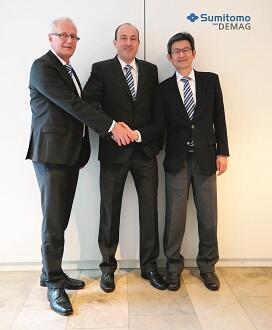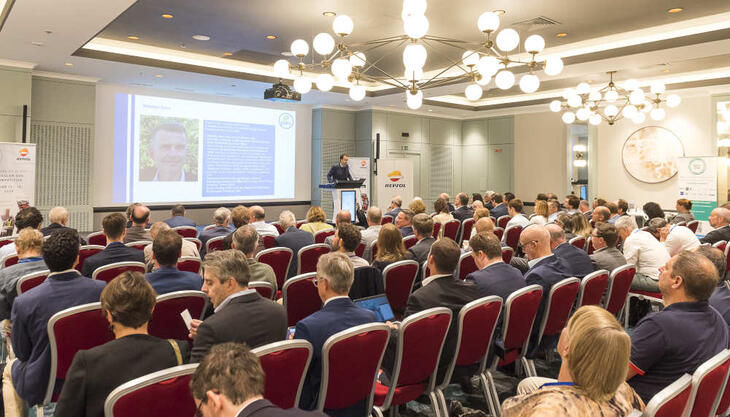Sumitomo (SHI) Demag with new Spanish subsidiary

Sumitomo (SHI) Demag has appointed Sebastian Schaper manager of its new subsidiary in Valencia (Spain), which was set up to meet the specific application demands of Spanish customers with a comprehensive service. On November 1 2016, Sumitomo (SHI) Demag Plastics Machinery España has started operation, catering to 600 existing Demag customers in the Spanish market.
With Sebastian Schaper, Sumitomo (SHI) Demag has appointed an experienced expert in the Spanish market with many years of practical experience in the Spanish and German plastics industry. “Over the past few years, the Spanish market has become very consolidated and advanced. Many international companies have already invested in new Spanish production sites”, says Gerd Liebig, CSO of Sumitomo (SHI) Demag. “Our strong team of experts offers international corporations and local providers an extensive portfolio, comprehensive practical support and technical consultancy”.
“By establishing our own subsidiary in the Spanish market, Sumitomo (SHI) Demag has managed to win back many experts who had since moved on to other companies in the Spanish plastics market and gathered additional experience”, says Sebastian Schaper. “We are particularly delighted to welcome back Jordi López, who will become our new head of sales.”
“It is our objective to become a reliable partner for our customers in the strategic markets with IntElect all-electric and El-Exis packaging injection moulding machines”, Sebastian Schaper explains. “Our main focus is on a significant boost of our service activities in Spain. In addition to classic services and spare part supply, we will offer practical support as well as automation and the integration of all production technology and equipment from one source. The new team Sumitomo (SHI) Demag España will assist customers with technical support, training, service and one-on-one consultancy, managed by José Vicente Ibáñez. We will also develop a number of training seminars that cater to our customers’ specific requirements so that they can operate their machines efficiently and with maximum output rates”.


















